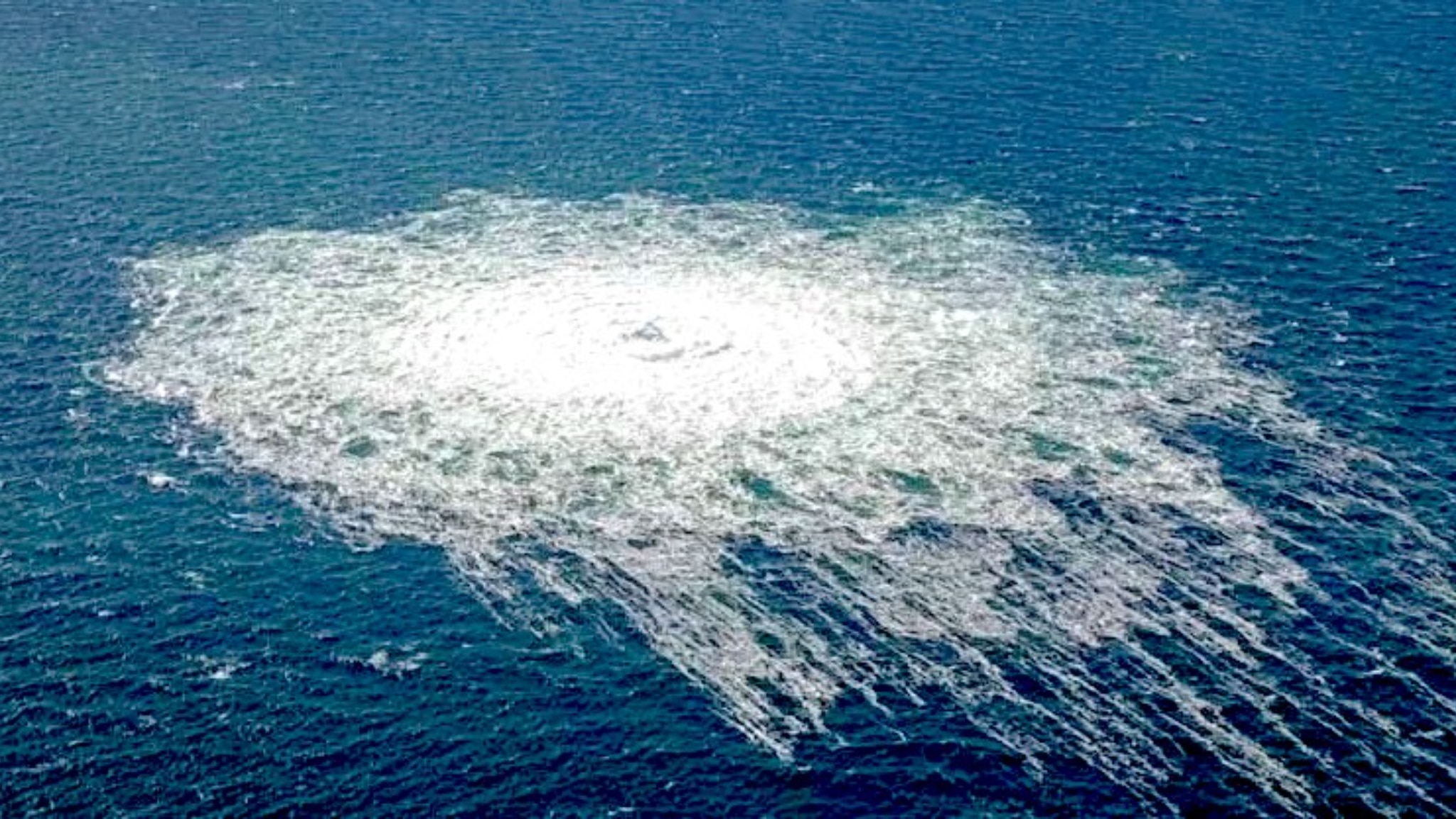It seems to have gone back to the times of the cold war.
The subject of the dispute, in this case, are the two
Nord Stream 1 and 2
gas pipelines , which bring Russian gas to Europe.
Times and ways of how they damaged themselves with some subsea losses, would seem to leave no doubt.
So much so that there is now explicit talk of sabotage: "The EU believes that the losses this week from two submarine gas pipelines between Russia and Germany
are not a coincidence, but that it is a deliberate act
", declared the High Commissioner for EU foreign policy,
Josep Borrell
.
And two hypotheses are made.
The losses could be “the consequence of explosions caused by divers or a submarine.
Europe is preparing a strong response to deliberate sabotage, ”continues Borrell.
In short, if it is a deliberate act, would “cui prodest” one wonder?
The answer would seem all too easy, just look at how the Amsterdam Stock Exchange reacted this morning.
The price of gas at the start of negotiations rose to 207 euros per MWh, an increase of 11% compared to yesterday's closing.
It will take a week or two to repair the damage, then everything will be as before.
But it could be some kind of warning.
Danish Defense Minister
Morten Bodskov
told national broadcaster TV2: "It's not an accident, it's been planned, and it's a very big explosion."
But there are those who have been even more explicit.
The explosions "could be a warning," Lithuanian Parliament President
Viktorija Čmilytė-Nielsen said in a radio address this morning.
.
For the president it would be no coincidence that the explosions took place on the day when Danish Prime Minister
Mette Frederiksen
and Norwegian Energy Minister
Terje Aasland
were in Poland for the inauguration of the
Baltic Pipe .
, a work that aims to make Poles and Europeans more independent from Russian supplies.
An explosive declaration which he then diplomatically tried to mitigate: "Before reaching conclusions, however, it will be necessary to await the results of the investigations".
Investigations that, however, are already heralding further tensions, even before starting.
The Kremlin, in the late morning, in fact, made it known that: "It is stupid and absurd" to blame Russia for what happened.
And, through the spokesman of Russian President Vladimir Putin,
Dmitry Peskov
, he makes it known - with a tissue paper passed to the Ria Novosti news agency - that Gazprom, as the owner of the pipeline, should "take part in the investigation".
An answer that comes from the upper echelons of power,
escalation
of declarations and countermeasures in the classic style of the cold war.
Berlin also responds, hastening to let it know through the German Defense Minister,
Christine Lambrecht
, that: "Our Navy will contribute its experience to the investigation. The alleged sabotage of the Baltic Sea oil pipelines shows us once again that we depend on critical infrastructures, even underwater ".
And Borrell had already stated that: “These incidents are not a coincidence and affect us all.
And any deliberate disruption of Europe's energy infrastructure is absolutely unacceptable and will be met with a solid and united response. "
In short, although the damage will soon be repaired and the usual gas supplies will be restored, the nerve is uncovered and the phones of the main chancelleries have been ringing.
A pipe of scrap metal buried in the depths of the Baltic Sea has suddenly brought Europe, the United States and Russia back to the tones used during the Cold War, sending more or less explicit messages on the possible harmful consequences with respect to actions considered provocative.

